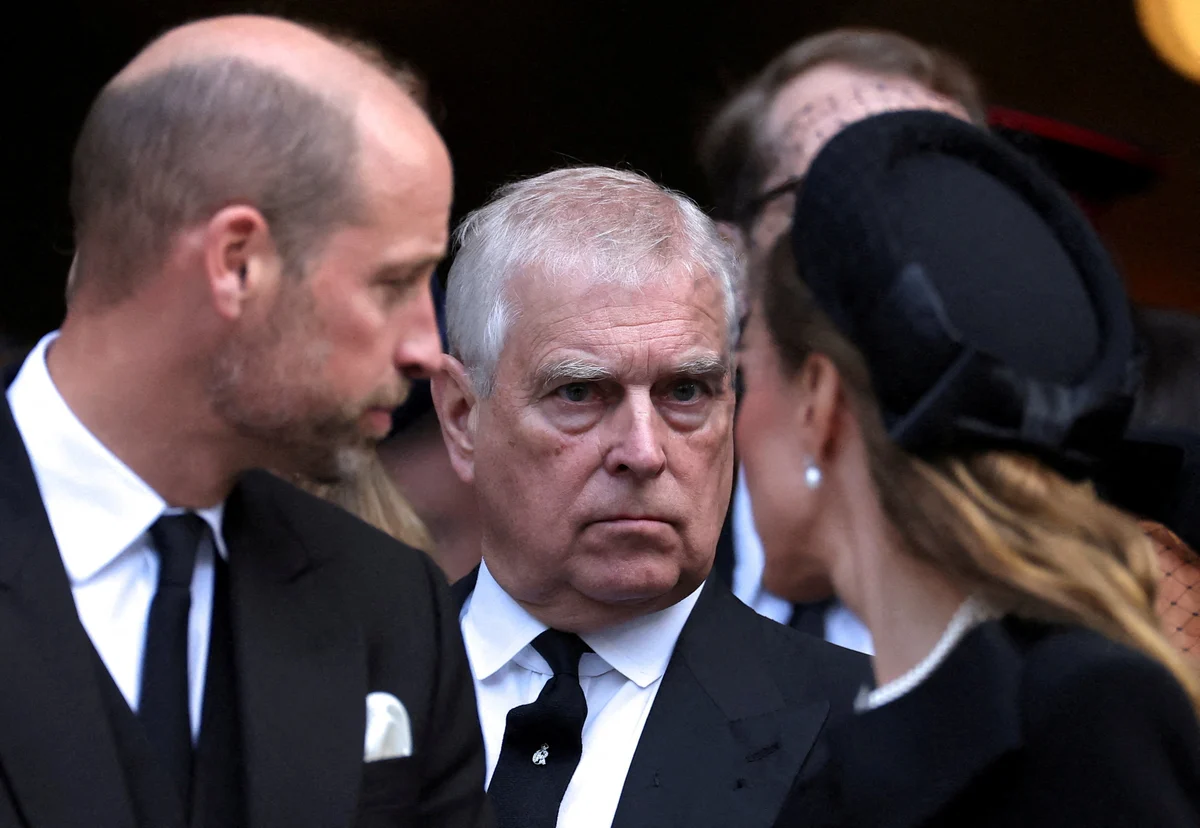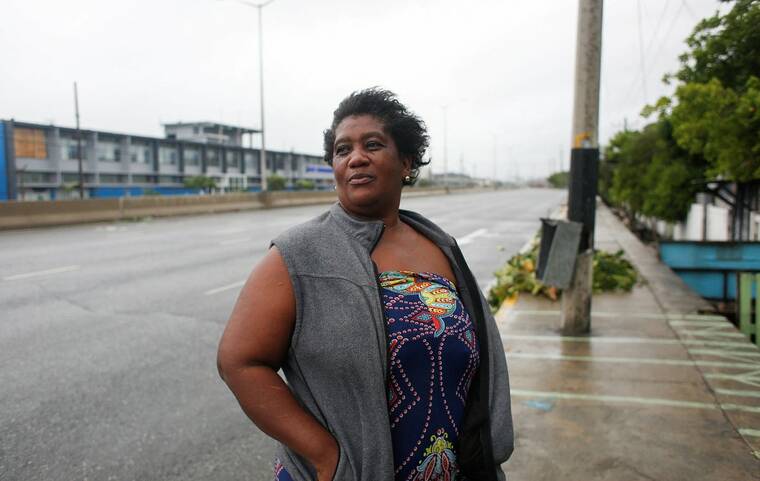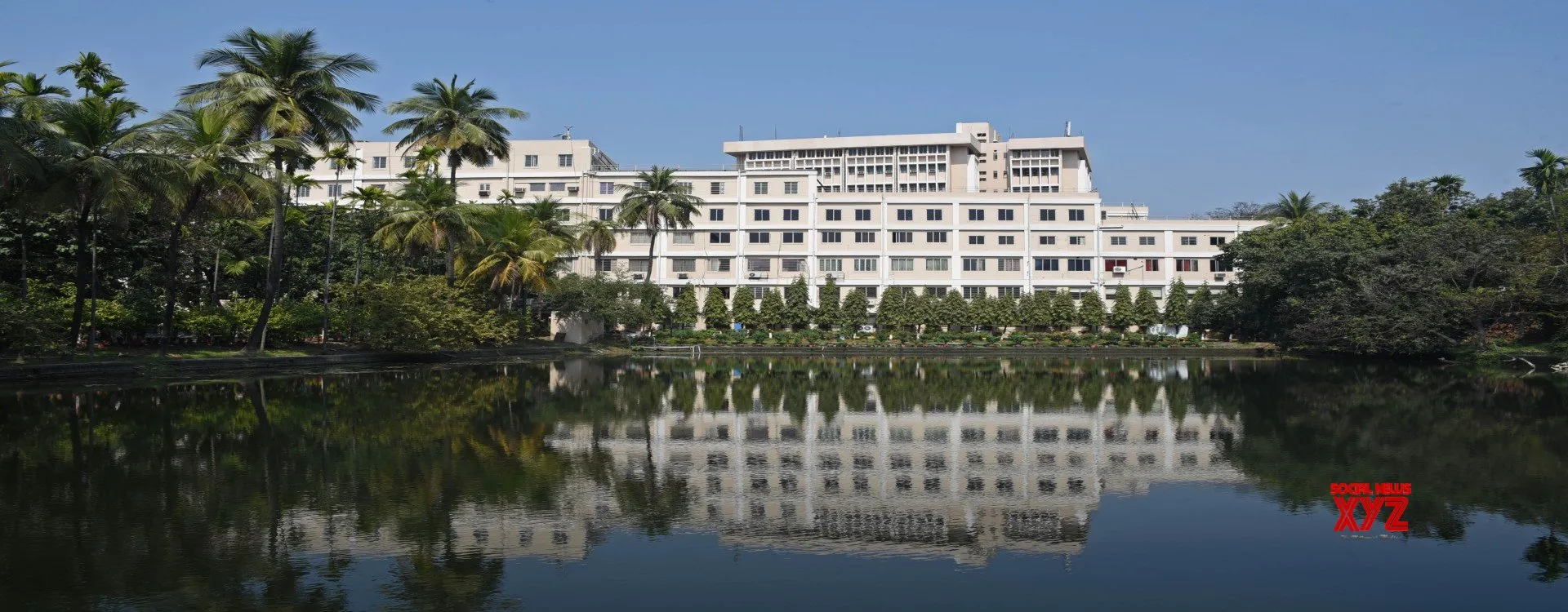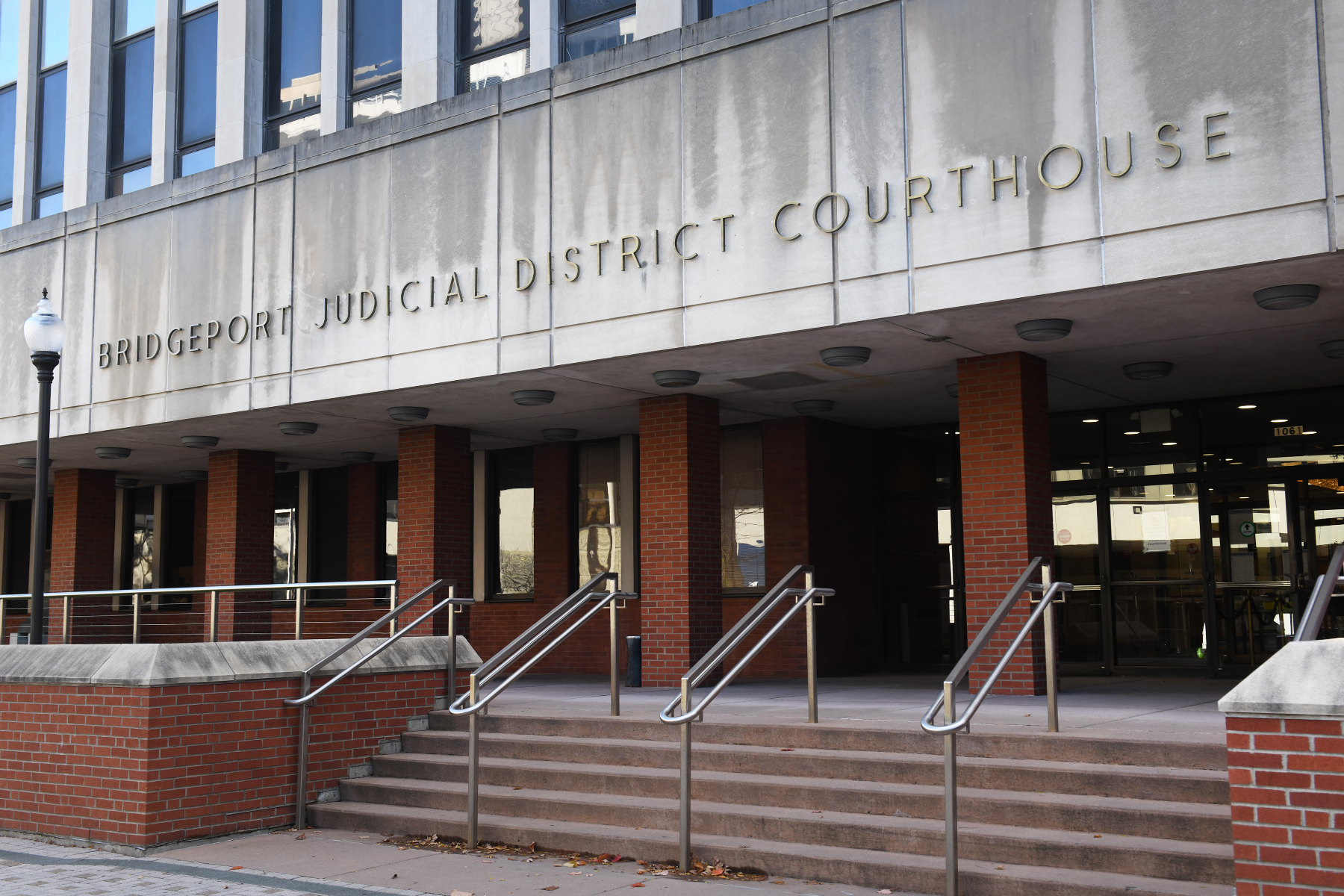Copyright trinidadexpress

I’m deeply invested in the stability and progress of Trinidad and Tobago and must express my disappointment and concern over the decision by the Venezuelan government to suspend all gas agreements with our nation. This sudden move, announced by President Nicolas Maduro and Vice-President Delcy Rodriguez, carries significant implications for the economic and diplomatic relationship between our two countries and, by extension, for the broader Caribbean region. For years, the cooperation between Trinidad and Tobago and Venezuela has been seen as a strategic partnership grounded in mutual benefit, one that sought to harness shared natural gas resources to strengthen regional energy security and economic development. Its abrupt suspension now raises critical questions about what comes next for our economy and foreign policy direction. Trinidad and Tobago’s natural gas sector remains the lifeblood of its economy, accounting for a substantial portion of export earnings, Government revenue, and employment. The Dragon gas project and other related agreements with Venezuela represented an opportunity to tap into vast offshore reserves, providing a long-term solution to our declining domestic gas production. The suspension of these arrangements, therefore, threatens not only future energy security but also investor confidence and ongoing industrial activity within our downstream sectors, particularly in petrochemicals, liquefied natural gas (LNG) and manufacturing. It also disrupts the fragile momentum the Government had been building toward revitalising energy exports amid global market shifts and post-pandemic recovery efforts. What is especially troubling is that the decision seems rooted not in economic or environmental disagreements, but in a surge of geopolitical tension. The Venezuelan government’s accusations that Trinidad and Tobago is collaborating with the United States in a “false-flag operation”, combined with inflammatory rhetoric and historical claims about Trinidad’s past territorial ties to Venezuela, reflect a worrying drift from diplomatic engagement to political hostility. Such statements not only strain bilateral relations, but also undermine the principles of respect and cooperation that are vital for regional stability. At a time when the Caribbean faces pressing challenges ranging from climate change to economic vulnerability, division among neighbouring states only weakens our collective resilience. It is important to note that Trinidad and Tobago has historically maintained a neutral and balanced approach to international relations. Our foreign policy has long emphasised peaceful coexistence, non-interference and regional solidarity. While we maintain strong diplomatic ties with the United States, our cooperation with Venezuela has always been guided by pragmatism and mutual benefit rather than alignment with any external power’s agenda. Therefore, the allegations made by the Venezuelan government, particularly those targeting our national leadership, are both unfortunate and unfounded. They risk undoing years of careful diplomacy that aimed to position Trinidad and Tobago as a reliable partner and a bridge between Latin America and the Caribbean. The immediate question now is what steps should be taken in response. From a policy standpoint, Trinidad and Tobago must prioritise diplomatic engagement and dialogue. Isolation or escalation would serve no one’s interest. Our Ministry of Foreign and Caricom Affairs, in collaboration with the Prime Minister’s Office and the Ministry of Energy, must work swiftly to seek clarification through formal channels, reaffirming our commitment to peaceful cooperation while defending our national integrity. At the same time, it may be prudent to engage regional bodies such as Caricom and CELAC to mediate or facilitate renewed dialogue, emphasising that energy cooperation should transcend political differences for the benefit of the wider region. Economically, this development also underscores the urgency of diversifying our energy partnerships and investing in renewable alternatives. While gas will continue to be central to our economic framework, dependency on external agreements, especially those vulnerable to political volatility, places our long-term development at risk. Strengthening domestic production capabilities, exploring deeper ties with other regional energy producers, and accelerating our transition to cleaner energy sources are not just policy options but necessities. Observing this moment, I am reminded that foreign policy is not only about managing crises, but also anticipating them. The suspension of these agreements serves as a lesson in geopolitical realism: economic cooperation, however well-intentioned, is often at the mercy of political currents. Trinidad and Tobago must therefore cultivate a foreign policy that is both principled and adaptive, rooted in national interest, but flexible enough to withstand external pressures. While the Venezuelan government’s decision is deeply disappointing, it should not deter Trinidad and Tobago from pursuing its vision of stability, energy security, and regional cooperation. Instead, it must galvanise our policymakers to reaffirm the values that have long guided our nation: diplomacy over discord, cooperation over confrontation, and pragmatism over provocation. The path forward may be uncertain, but our response will define how the world perceives us not as a small state caught in geopolitical crossfire, but as a resilient nation committed to sovereignty, peace and progress. The challenge before us is not merely to react to Venezuela’s decision but to chart a sustainable and independent course for our economic and political future. —Author Paul Sarran holds a BSc in political science from The University of the West Indies.



